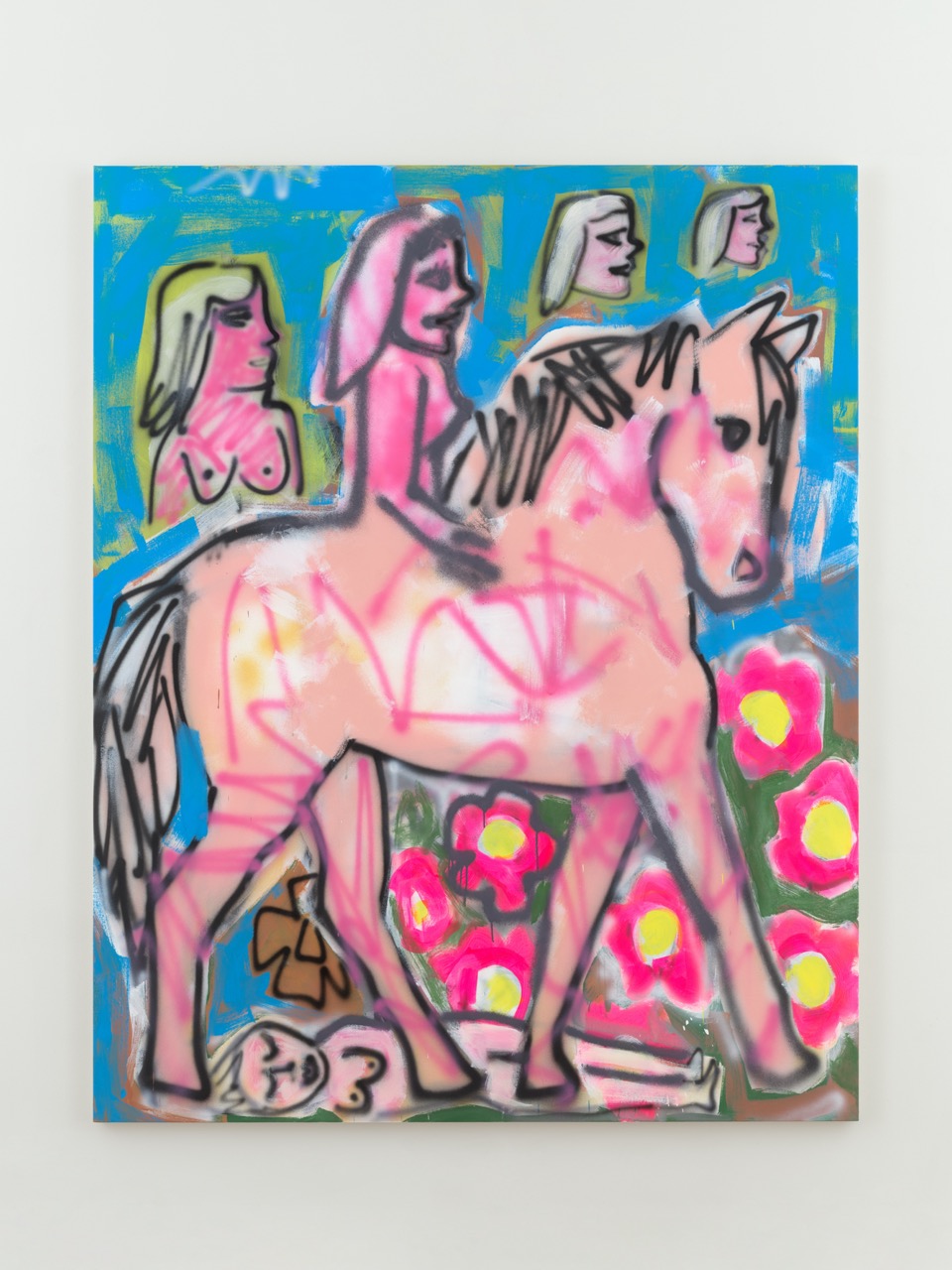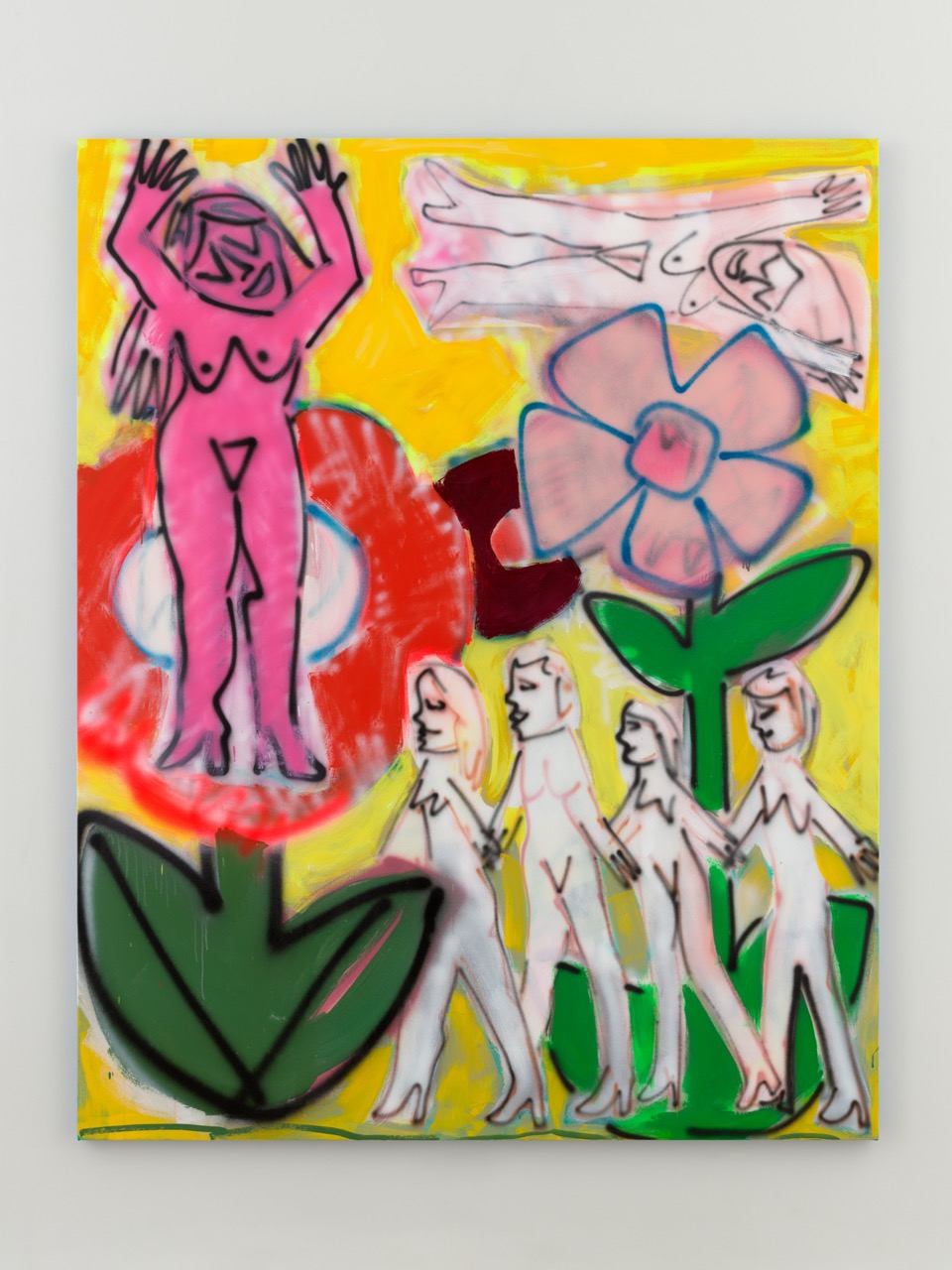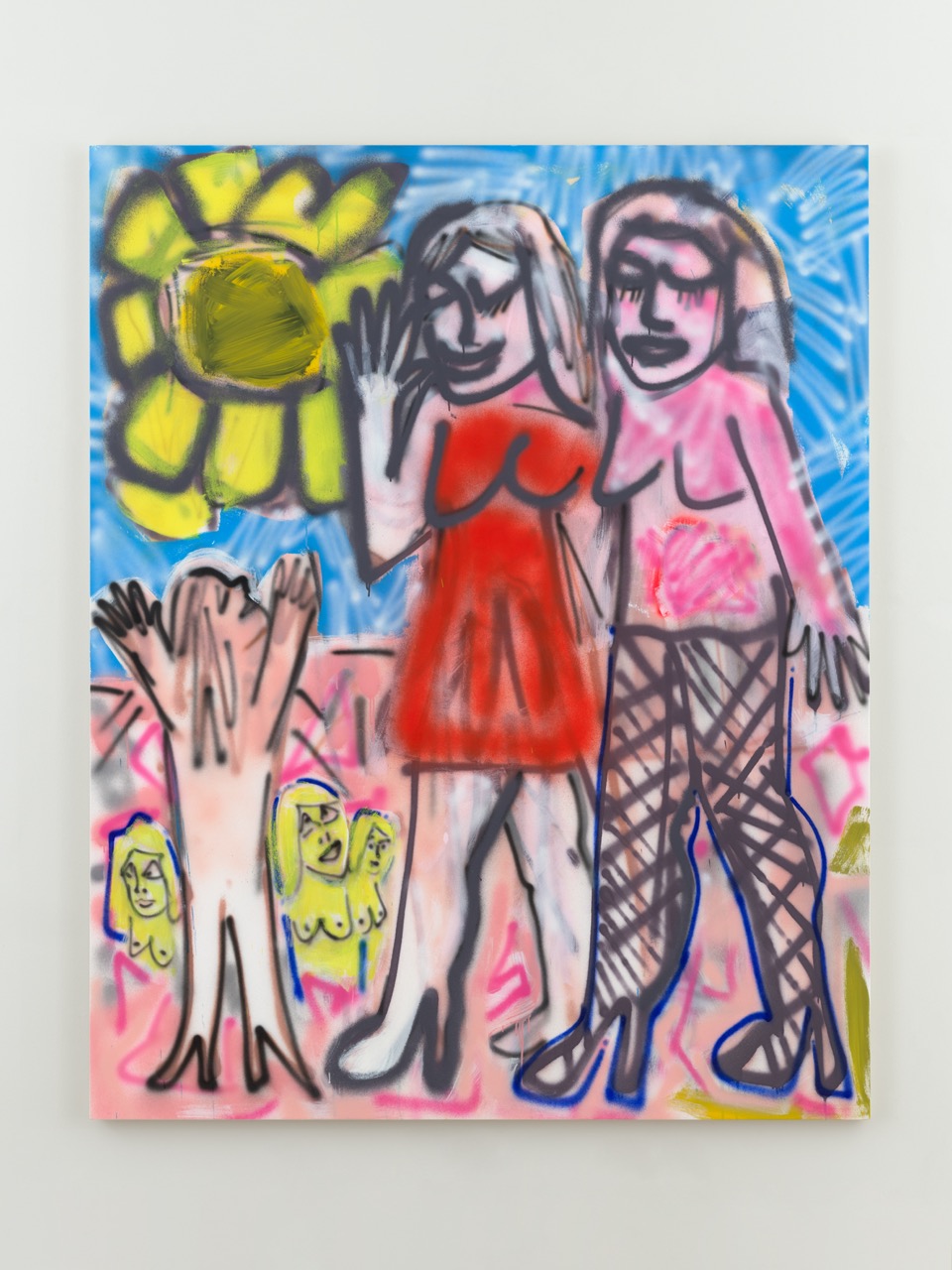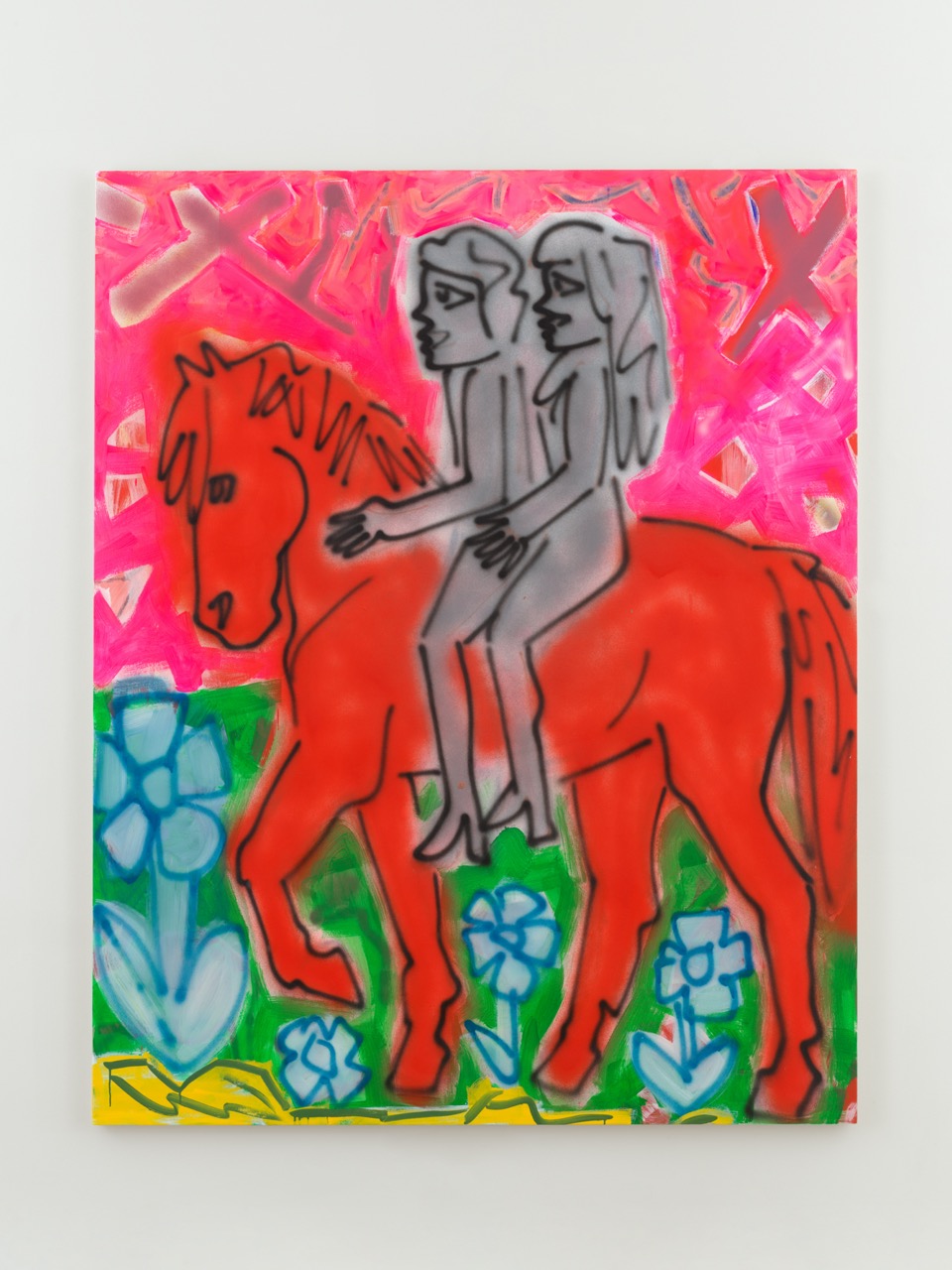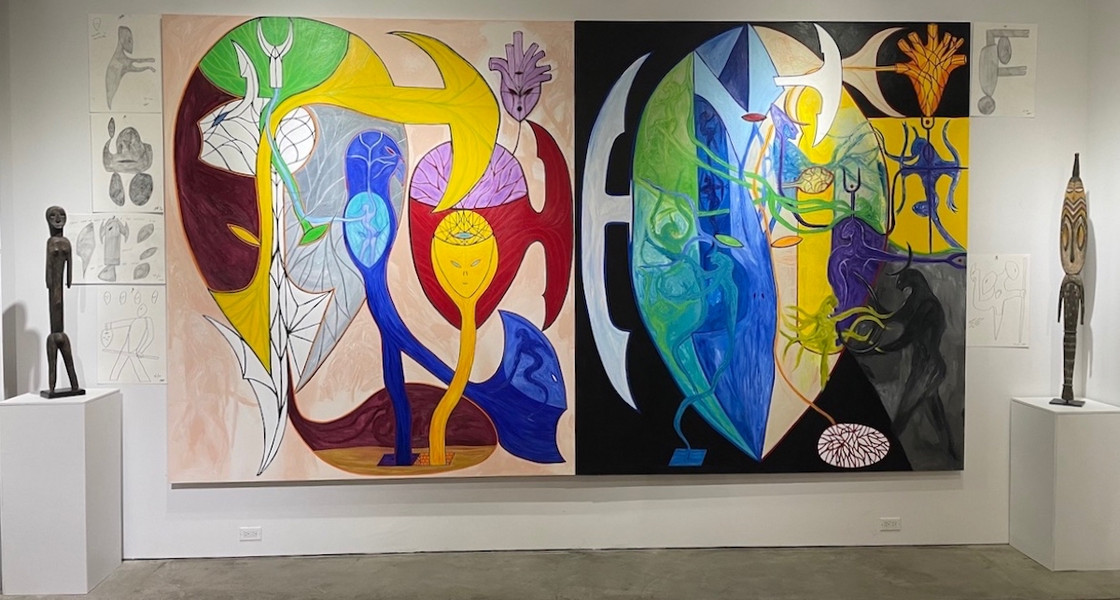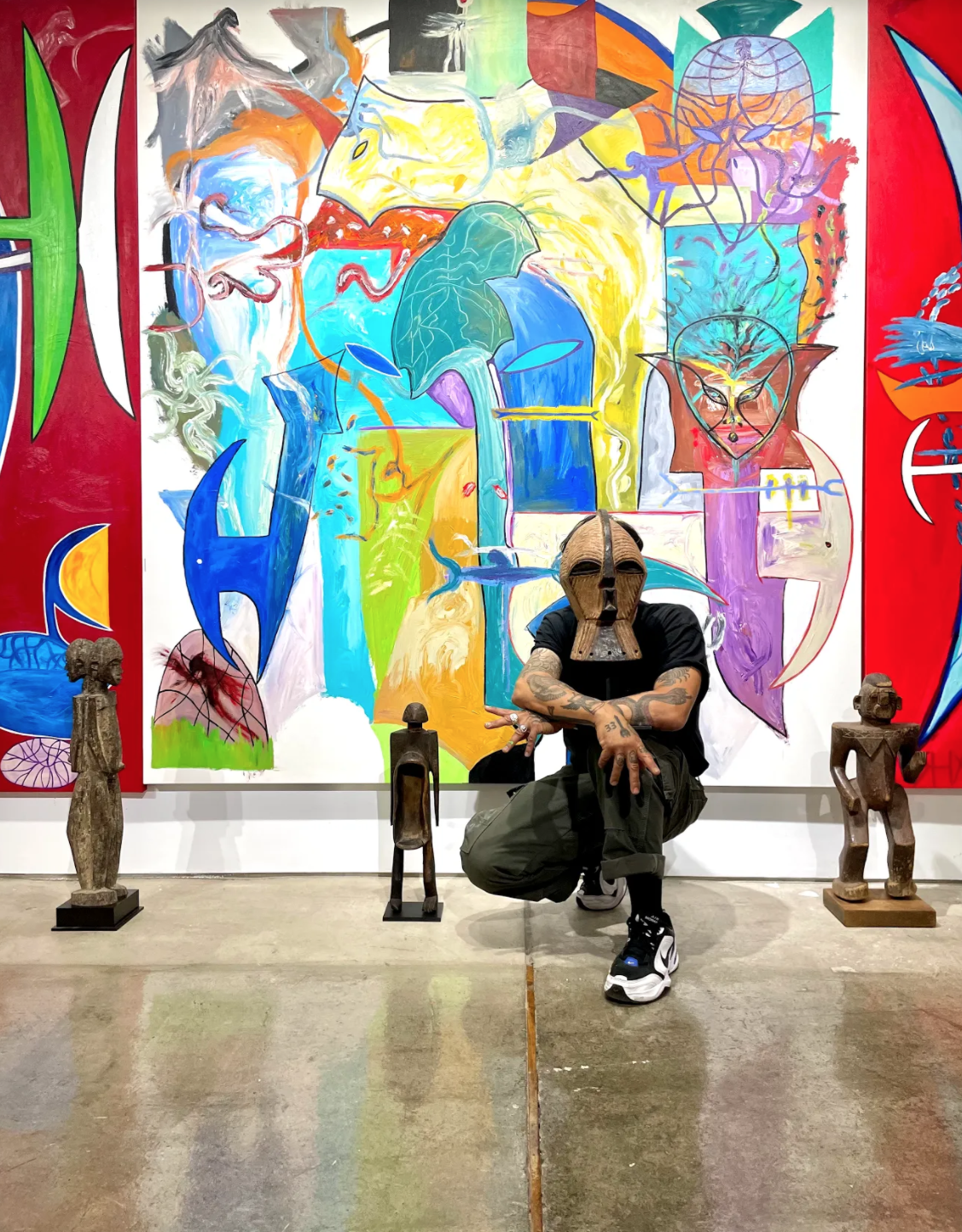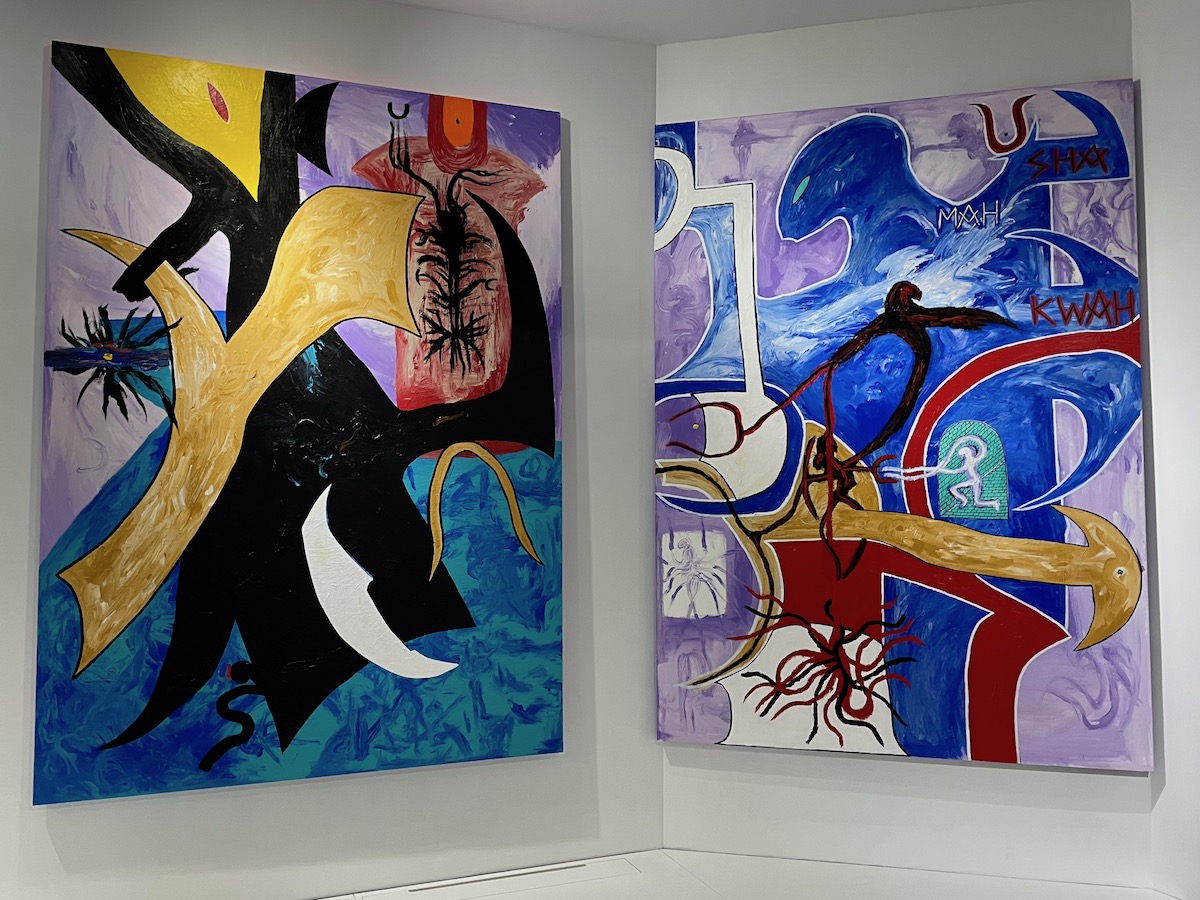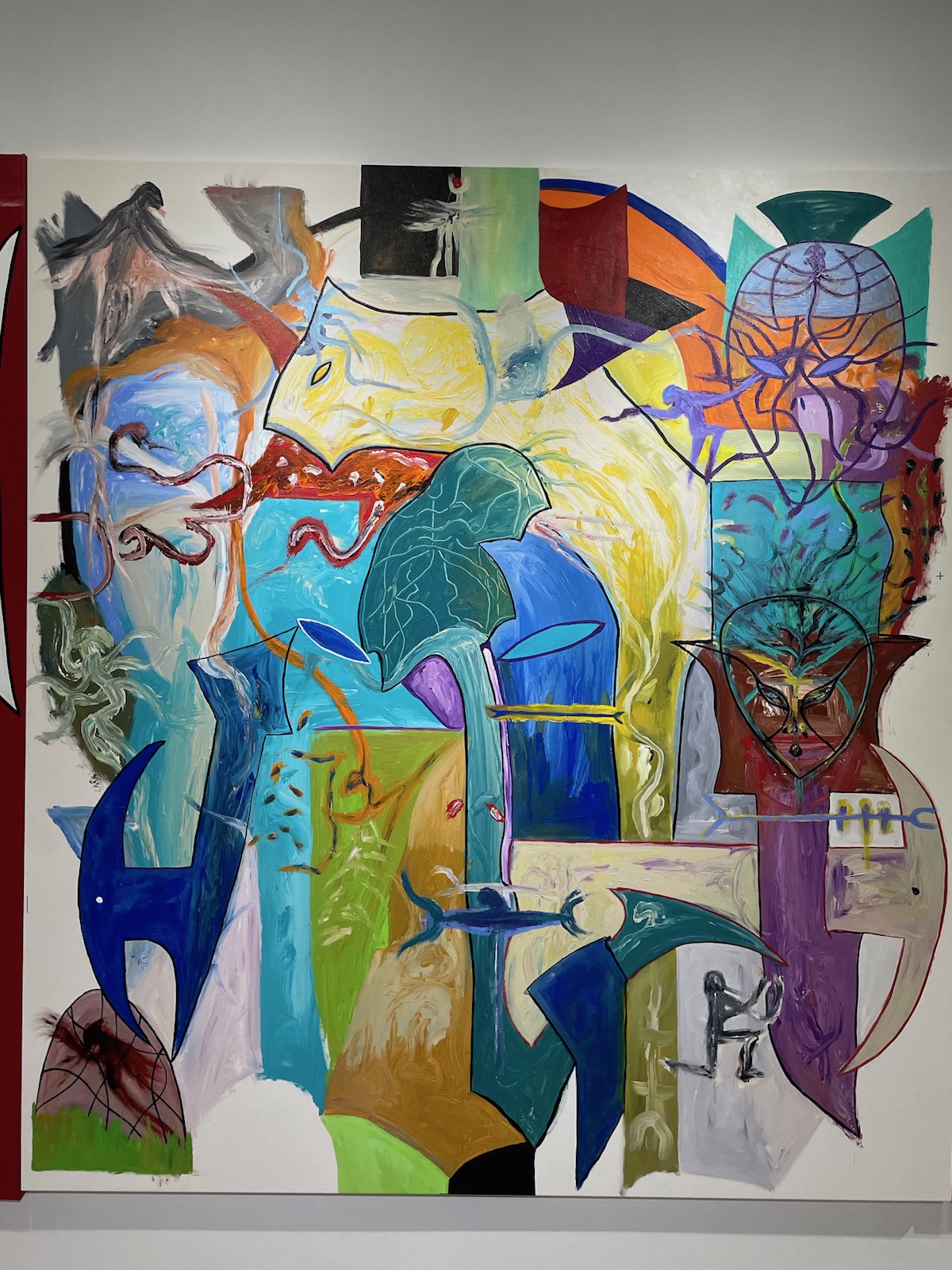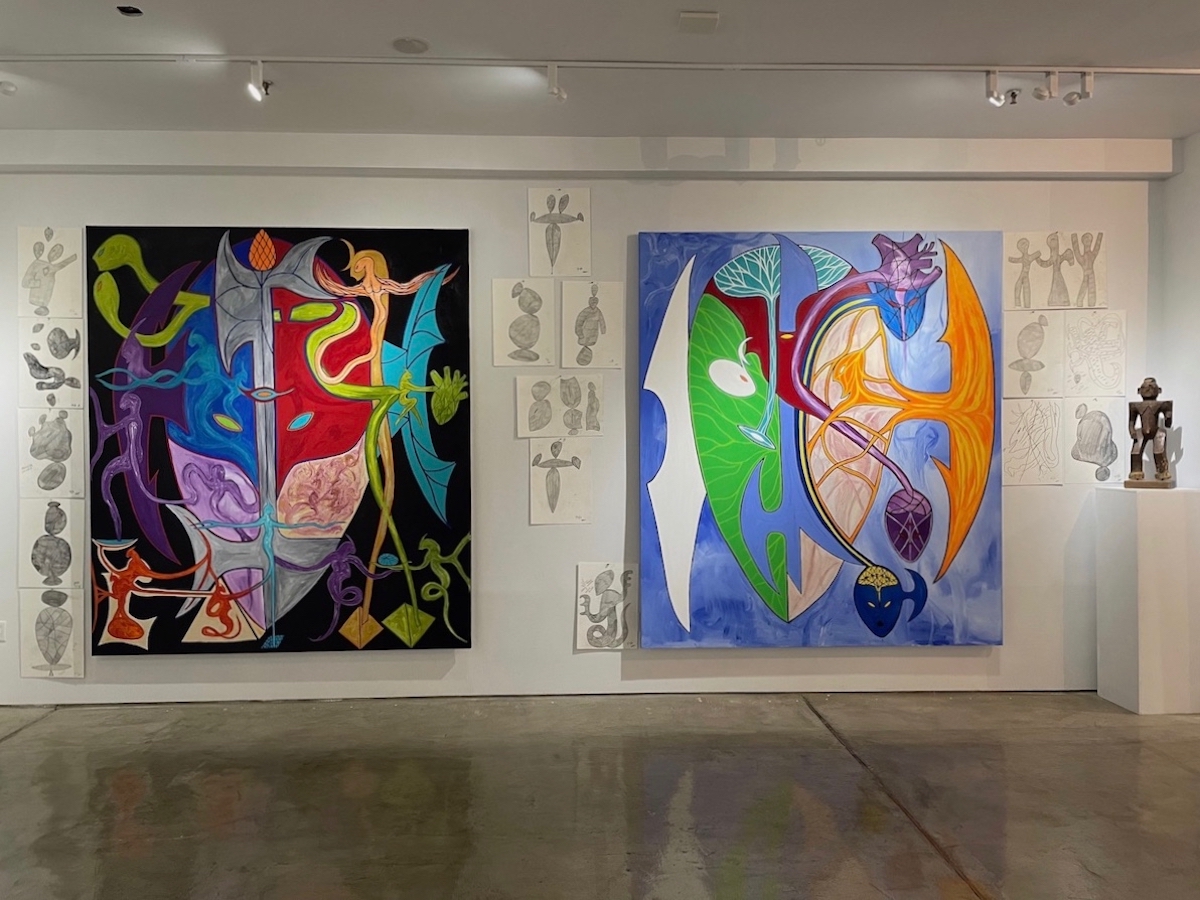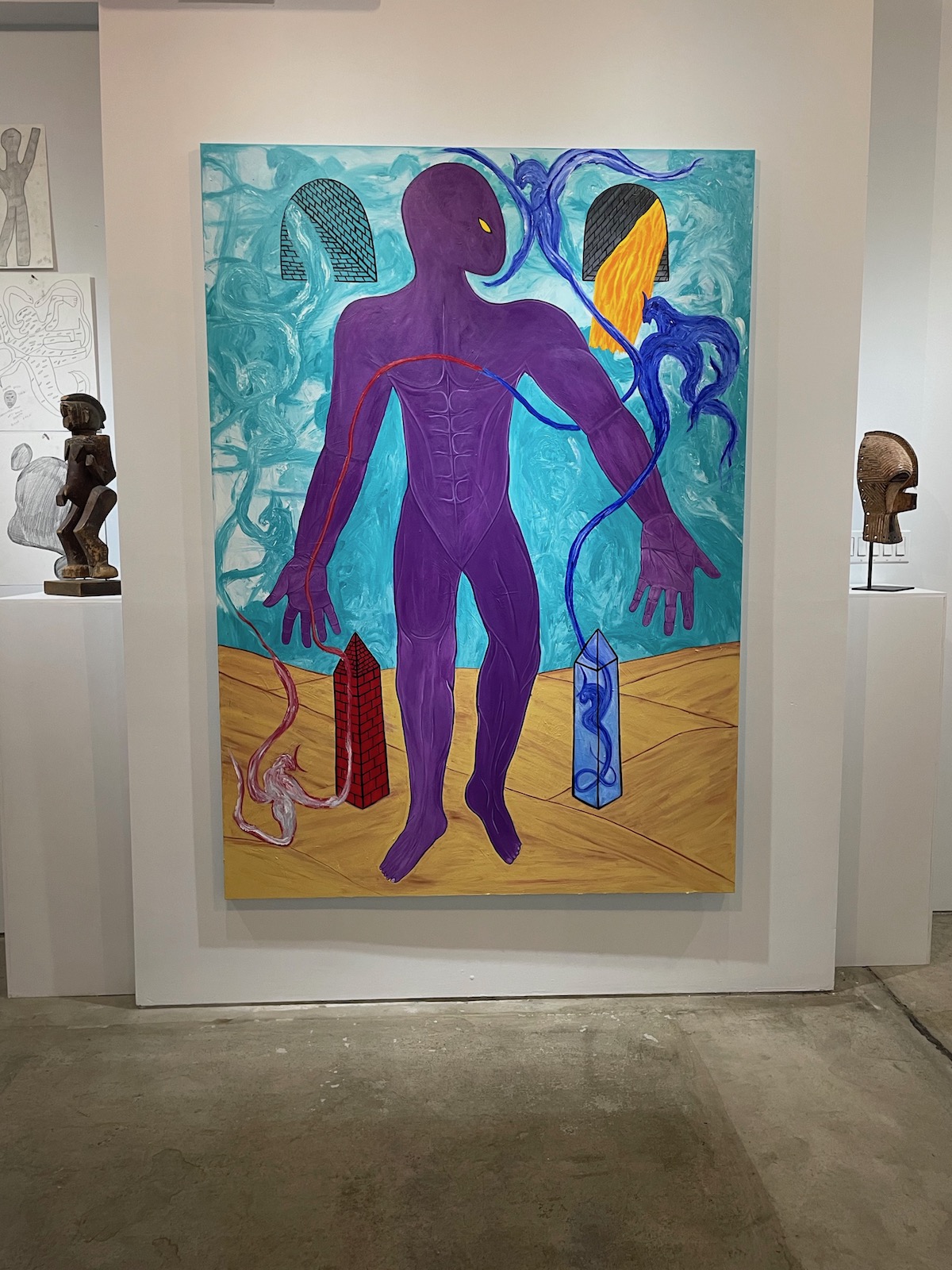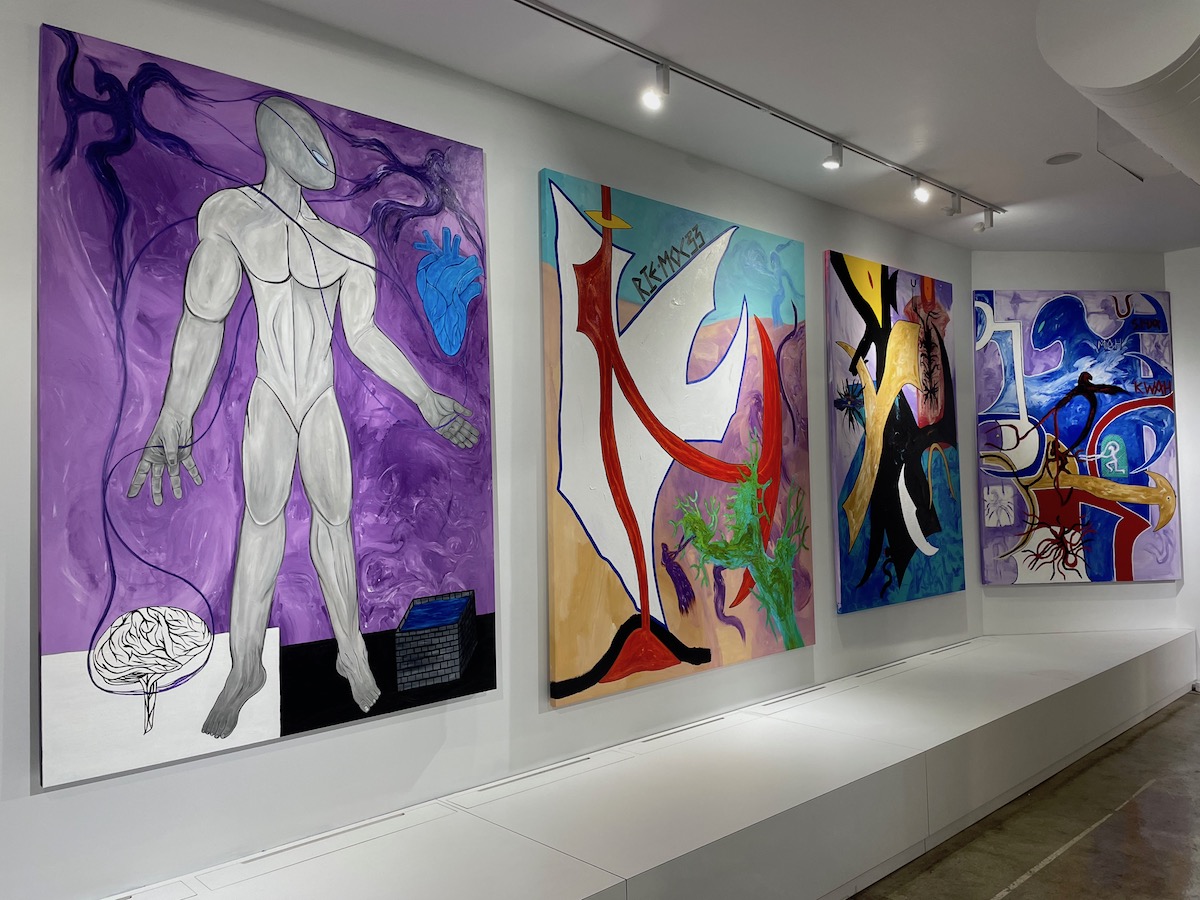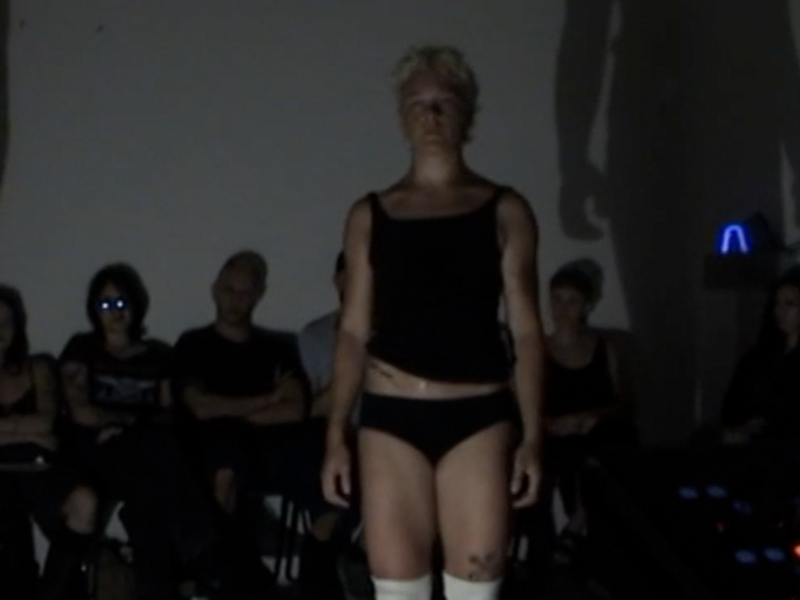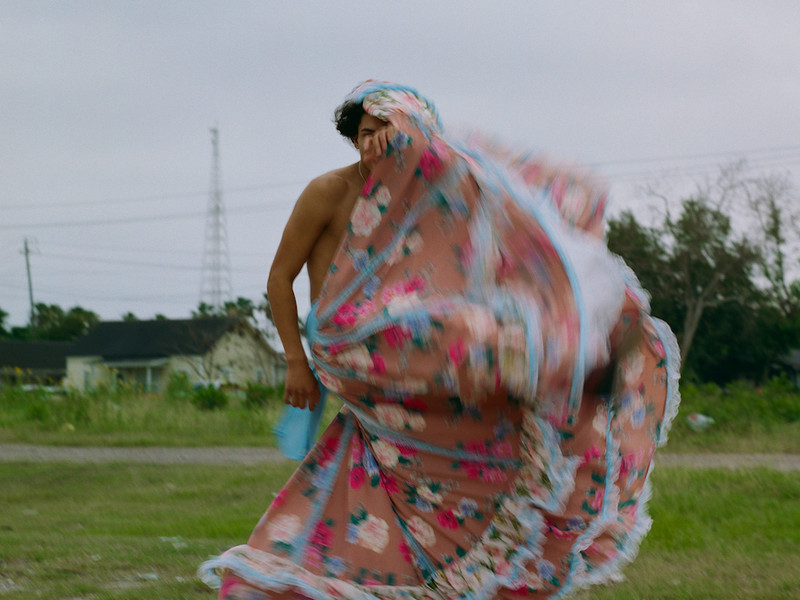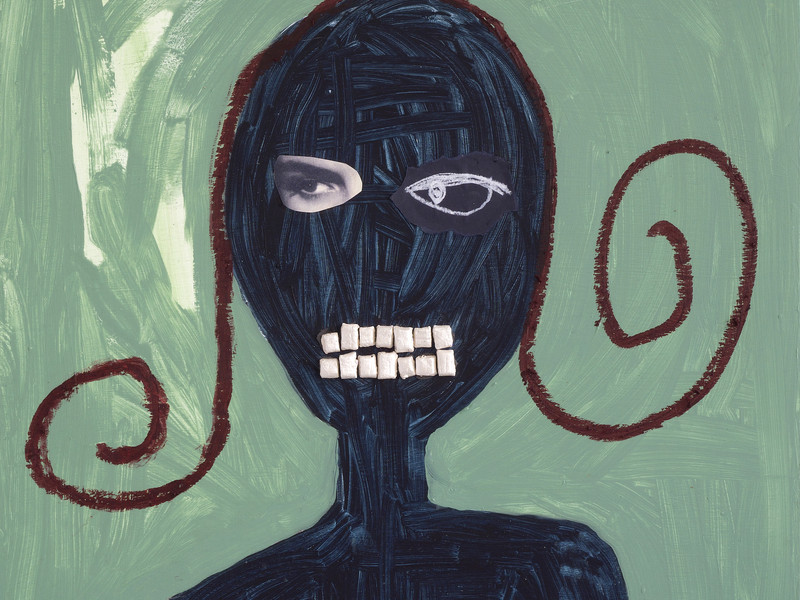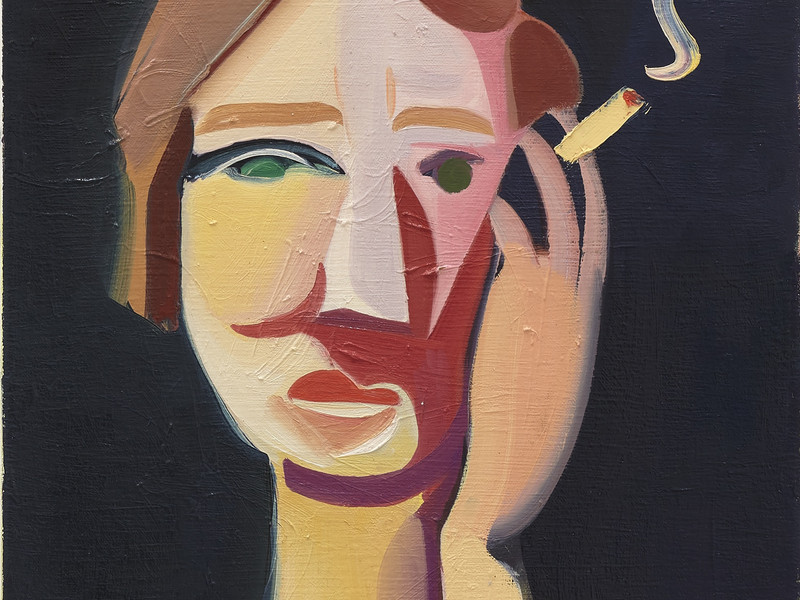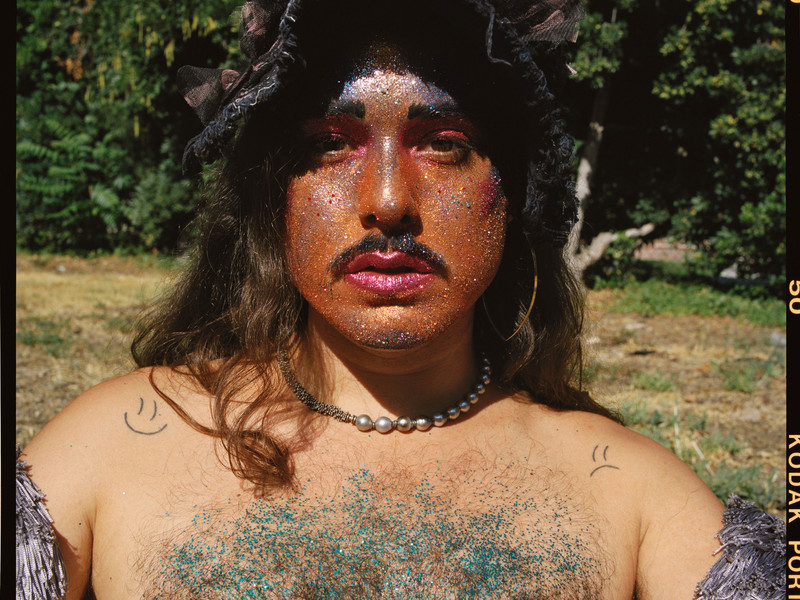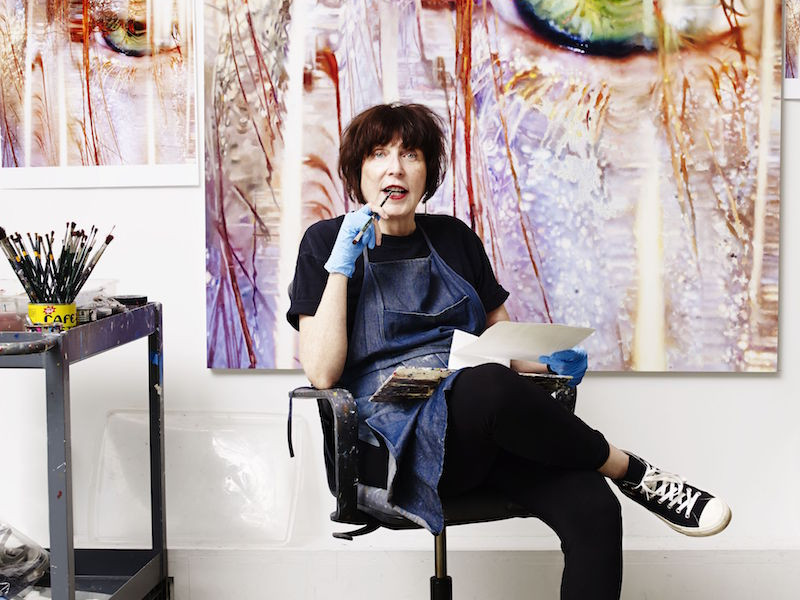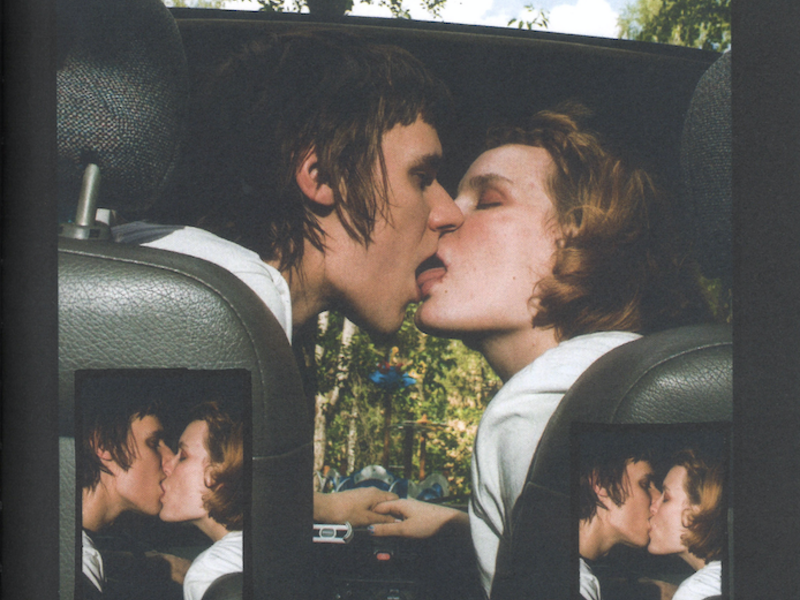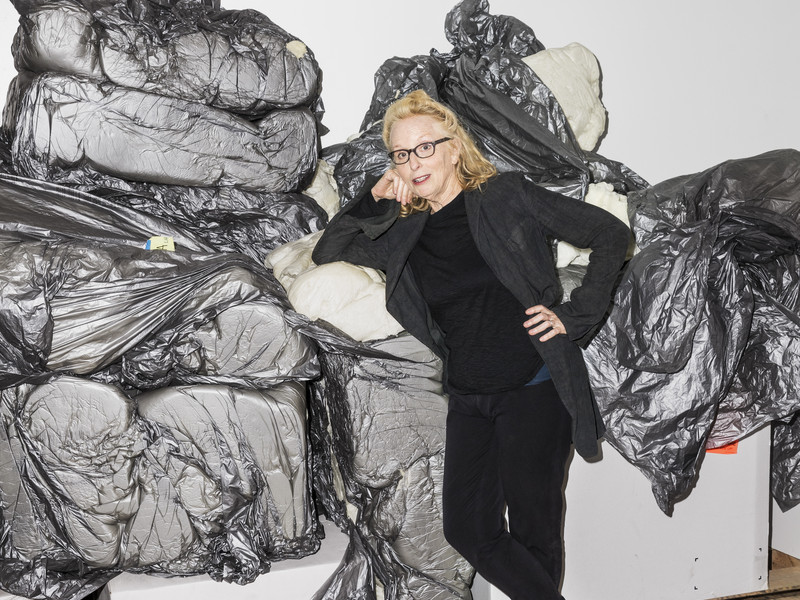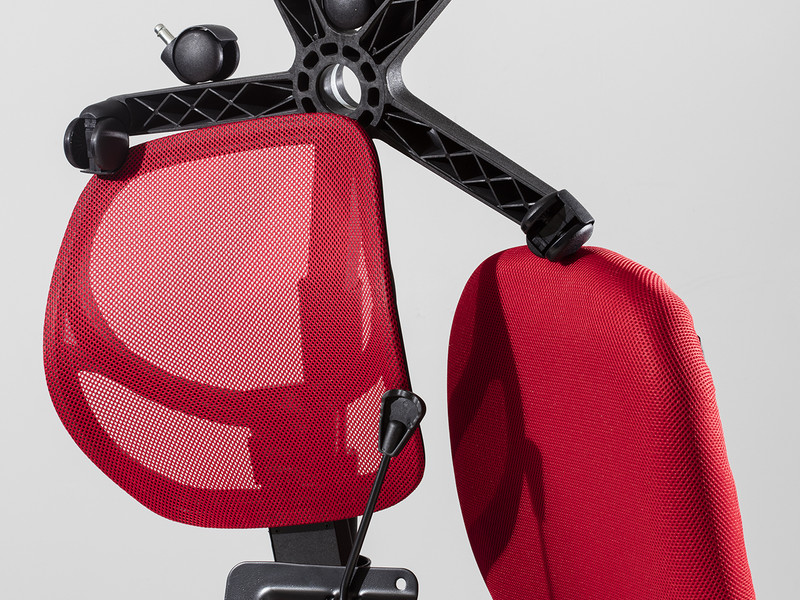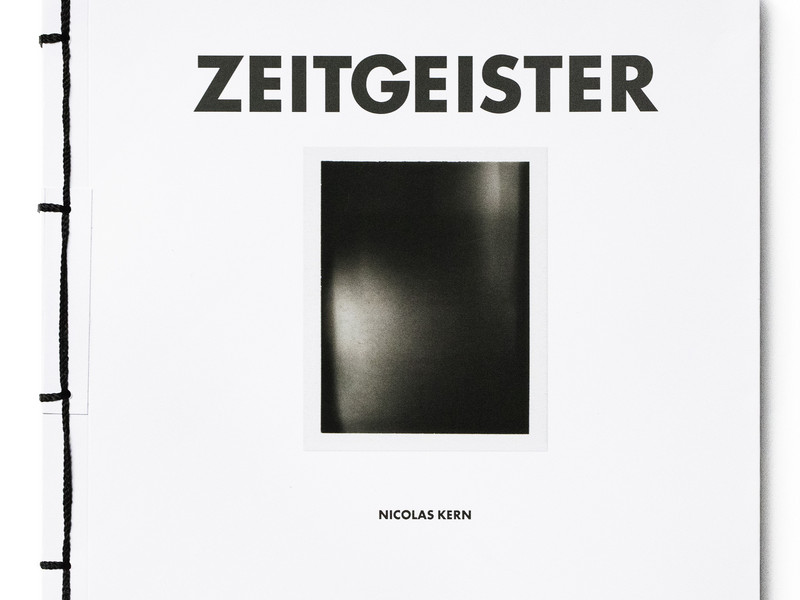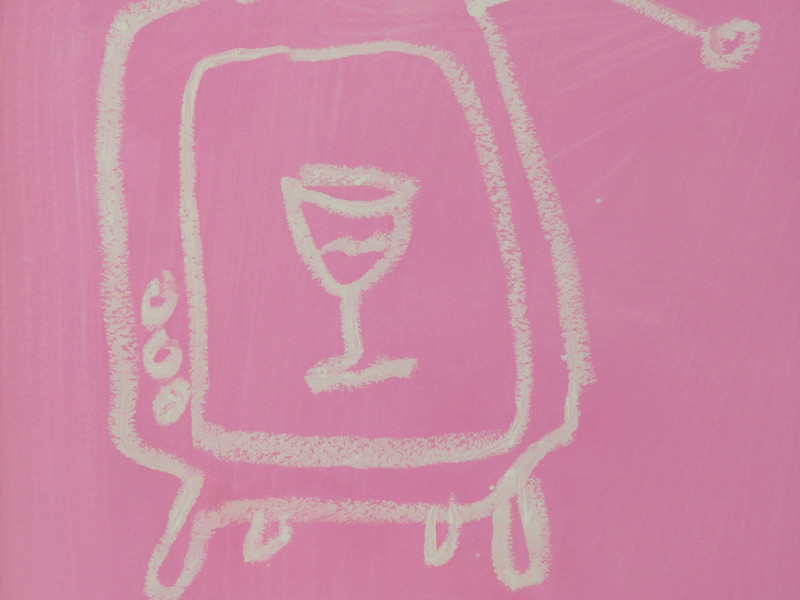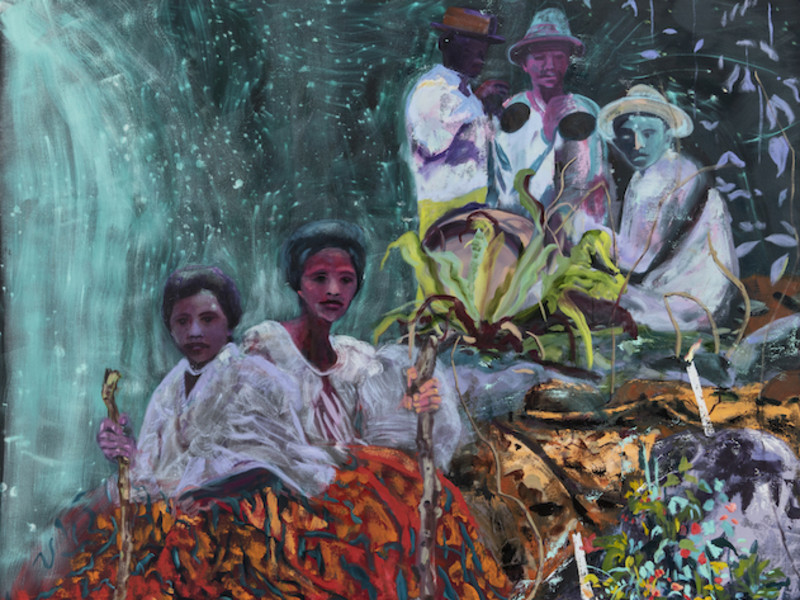Stay informed on our latest news!
Sign up for our newsletter
Focusing on the connectivity of history through realism, 'PAST is PRESENT is FUTURE' powerfully articulates the disposition of energy in time. While the multi-medium artist has carved out his visual language, he has adjoined written pieces of work within this exhibition that further contribute to this preservation of time in history. Dr. Virginia-Lee Webb is a scholar, writer, and curator who has contributed Oceanic and African sculptors and masks from a significant private CT collection. This addition of historical artifacts provides greater context to the exhibition's narrative. 'PAST is PRESENT is FUTURE' explores the web of connections that make up the cosmos. Lance De Los Reyes states "I have learned that anything a human thinks about, says, or acts upon operates much like a boomerang. If you throw it into the universe, the energies of what people think about, say, and do may possibly manifest, becoming karmic boomerangs that return tenfold."
office people: Schick Toikka
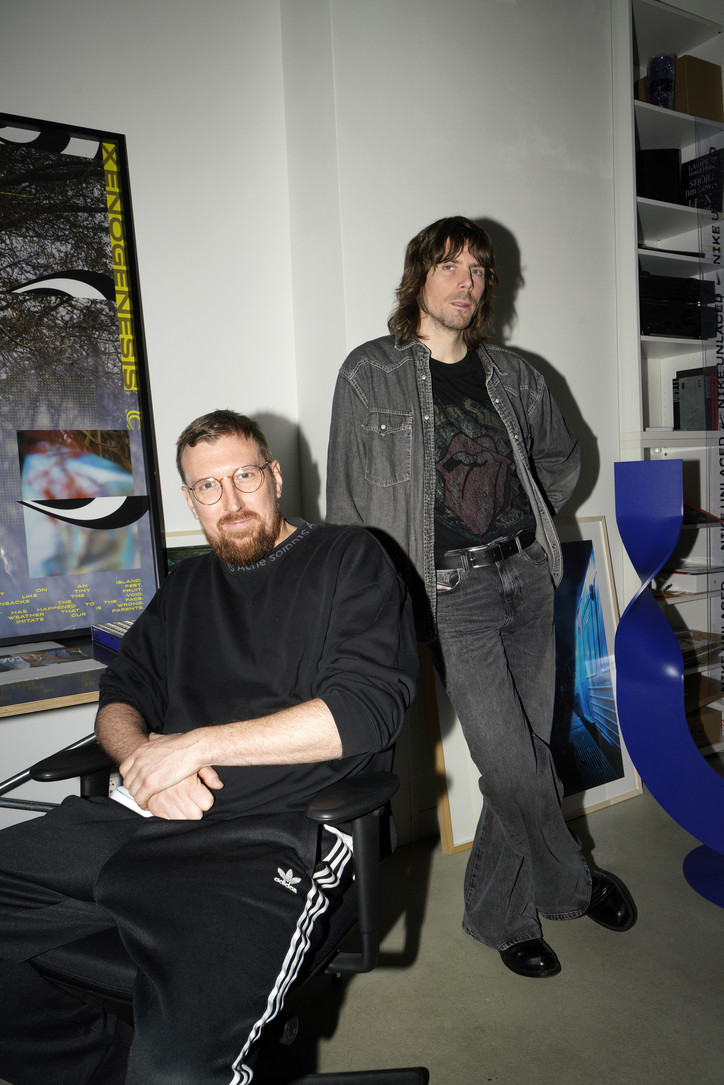
What is your ideal office?
Nice people, natural light. Some sort of a coffee maker?
What role does uncertainty play in your design approach?
Uncertainty is a great power because it makes you push yourself. With each new project, we try to challenge ourselves, and never repeat something we have already done. To a certain degree all great work requires exploring an unknown territory. Type design is a lot about trial and error. It’s a process of constant iteration, and balancing between intuition and measured perfection. We are always uncertain how people will receive our work. From the business point of view, it’s never obvious what typeface will become popular.
Where might we find you on a Friday night?
Depends on the season. In winter we usually spend Friday nights unwinding, meeting friends or just staying home. Maybe go to the neighborhood bar? Both Berlin and Helsinki are great places for entertainment.
What unusual inspirations have unexpectedly influenced a font of yours?
Working on our latest typeface release items, one surprising source of inspiration came from a typeface on the cardboard packaging of Microsoft Windows from the early 90s.
If you could collaborate with any artist, dead or alive, who would it be?
Definitely Roy Orbison. Or Wu-Tang clan.
How do you deal with fear?
At the moment it feels that the world is at a state where fear has lost its significance. We are all in the middle of the scariest things: climate change, biodiversity loss, political instability and wars, growing economic inequality… It is important to use all of our collective efforts to fight global challenges. At the same time, it’s time to live and not fear and to take care of the people around you.
What is the last living thing you fell in love with?
We love all living things equally.
Mountains or beaches?
That’s a dilemma! Beaches — the repetitive sound of waves crashing on the shore has a meditative quality, inducing a state of relaxation and mindfulness. At the same time, the towering peaks of mountains evoke awe, fostering contemplation about the grandeur of nature and our place in the world.
Pair your favorite typeface with your favorite album:
Best typeface: Univers; Best album: Jimi Hendrix, Electric Ladyland
If you were to pass a future version of yourself in the street, what would you ask?
Do people still use typefaces?
Recommended articles
Gabbriette Is AI-Artist Bernardo Martins' First-Ever Muse
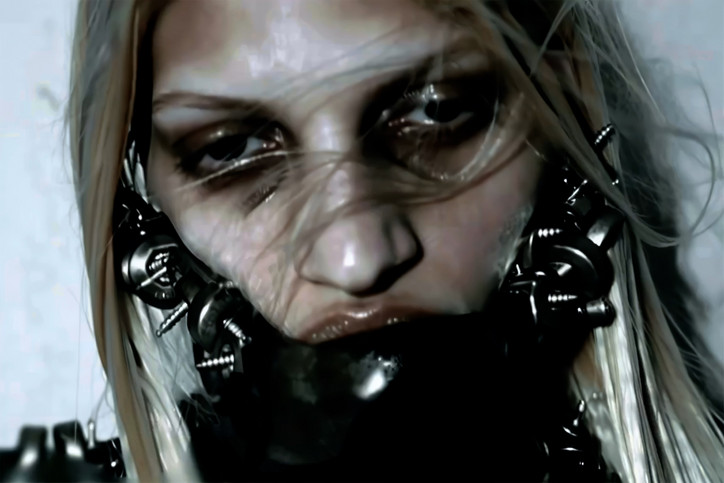
Berlin-based artist Bernardo Martins, known online as @figa.link, has mastered this uneasy balance. Like the bizarre image of Wintour, his work leaves you questioning what’s real and what’s imagined. Martins uses AI to create haunting images that toe the line between the beautiful and the grotesque. Often returning to discomfort as his starting point, AI-image-making has enabled Martins to channel and more easily express his feelings, like the “deep melancholy he’s felt since entering adulthood." This raw, emotional honesty explains why his work resonates with so many. His distorted, otherworldly visuals communicate feelings and experiences that many struggle to articulate.
A few months ago, model and phenom Gabbriette reached out to Martins about working together, drawn to his "ENCOSTO" series, which he previously developed for the Arti_fiċial Pėrspėctivės exhibition curated by Nate Mohler at Los Angeles Center Studios. In Brazilian culture, "Encosto" refers to spirits that attach themselves to the living, influencing and altering their behavior or state of being. Drawing on this belief, Gabbriette’s appearance is both metaphorically and literally distorted — possessed and warped by metal spikes, chains, and claws.
Previously, all of Martins' models have been imaginary. Working with an actual subject for the first time presented a new challenge. It took about three months of collaboration to bring Gabbriette's likeness to the images. “I don't have a strict process I follow; the technology has developed so much and so fast that I constantly adapt to expand and improve the possibilities,” he explains. Usually, Martins spends about a week or so to get a good grip on what works and what doesn't, "but the possibilities of AI are so many that I try to keep everything connected to build a cohesive and complete world in expansion.”
The implications of AI-generated content have been divisive, raising questions about creativity, authorship and originality. Some wonder whether AI art can truly be considered real art. But perhaps the better question is: What is art, anyway? If the purpose of art is to make you feel, then Martins accomplishes just that. The ability for an artist to use AI image-making to bridge reality with our inner worlds is no different from a poet writing in stream of consciousness or a painter recalling their latest dream.
On that note, if AI-Gabbriette or mini-skirted, tommy gun-wielding Anna Wintour show up in your dreams tonight, I'm sorry.
View "ENCOSTO" below.


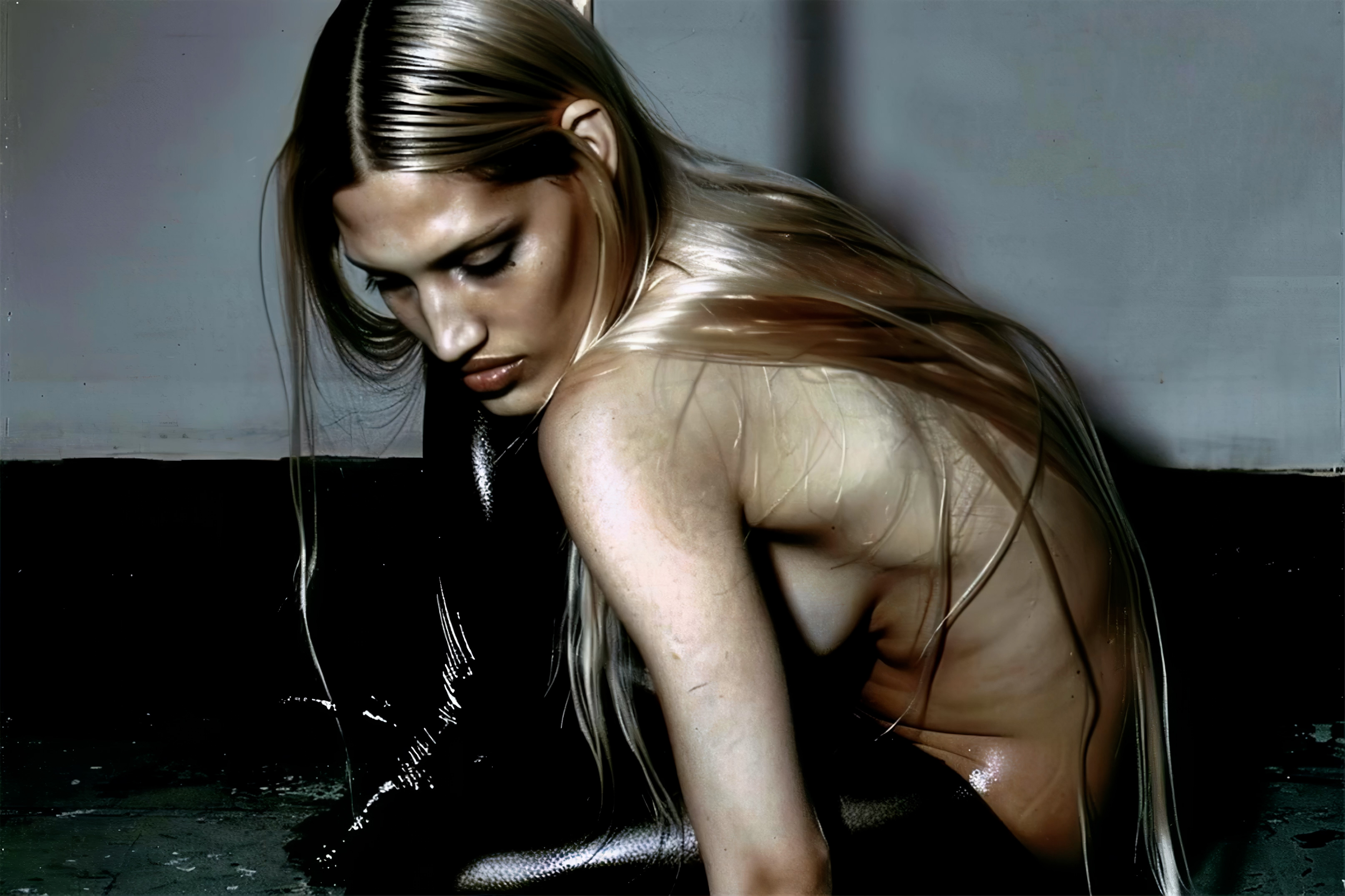
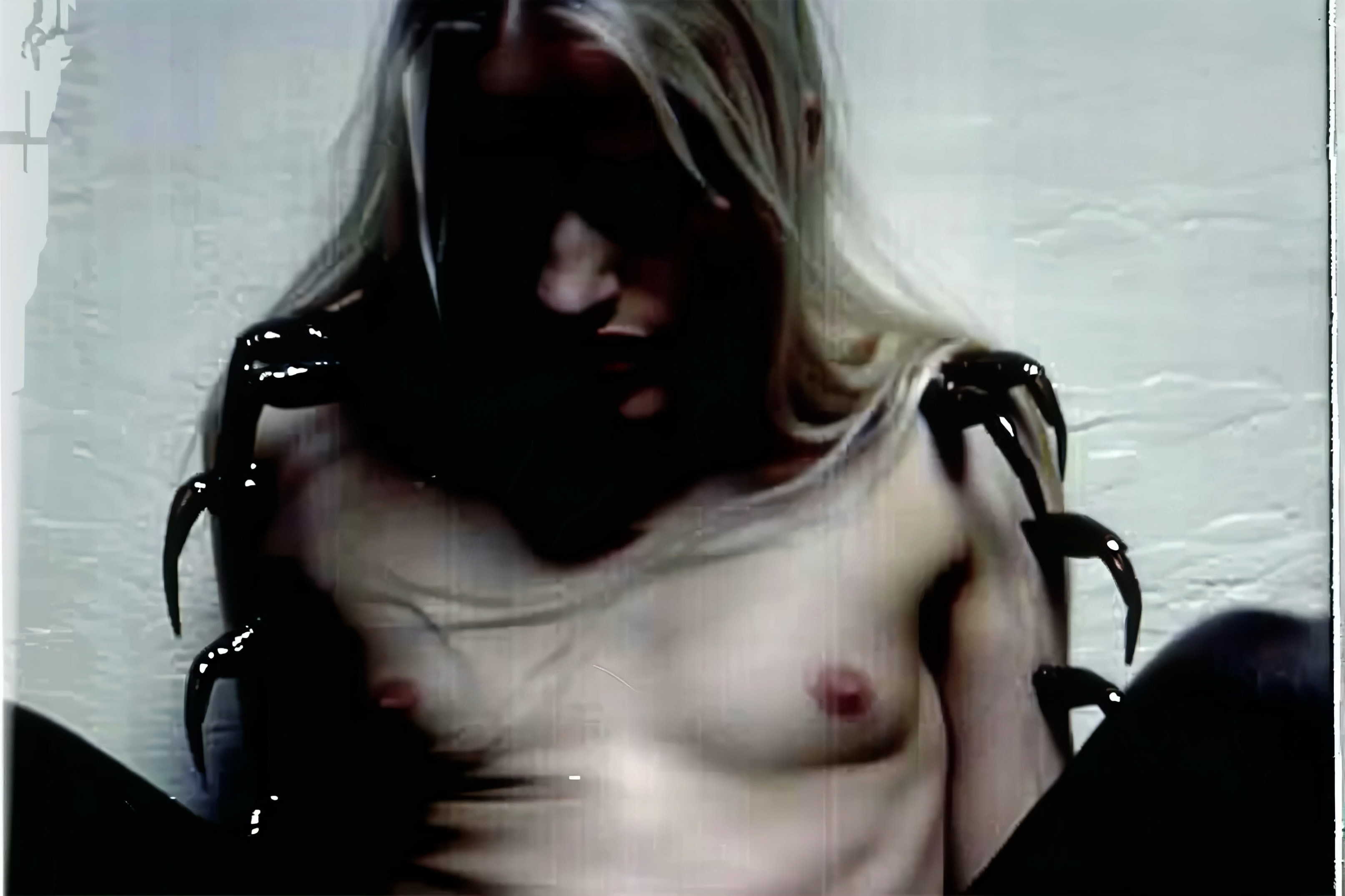
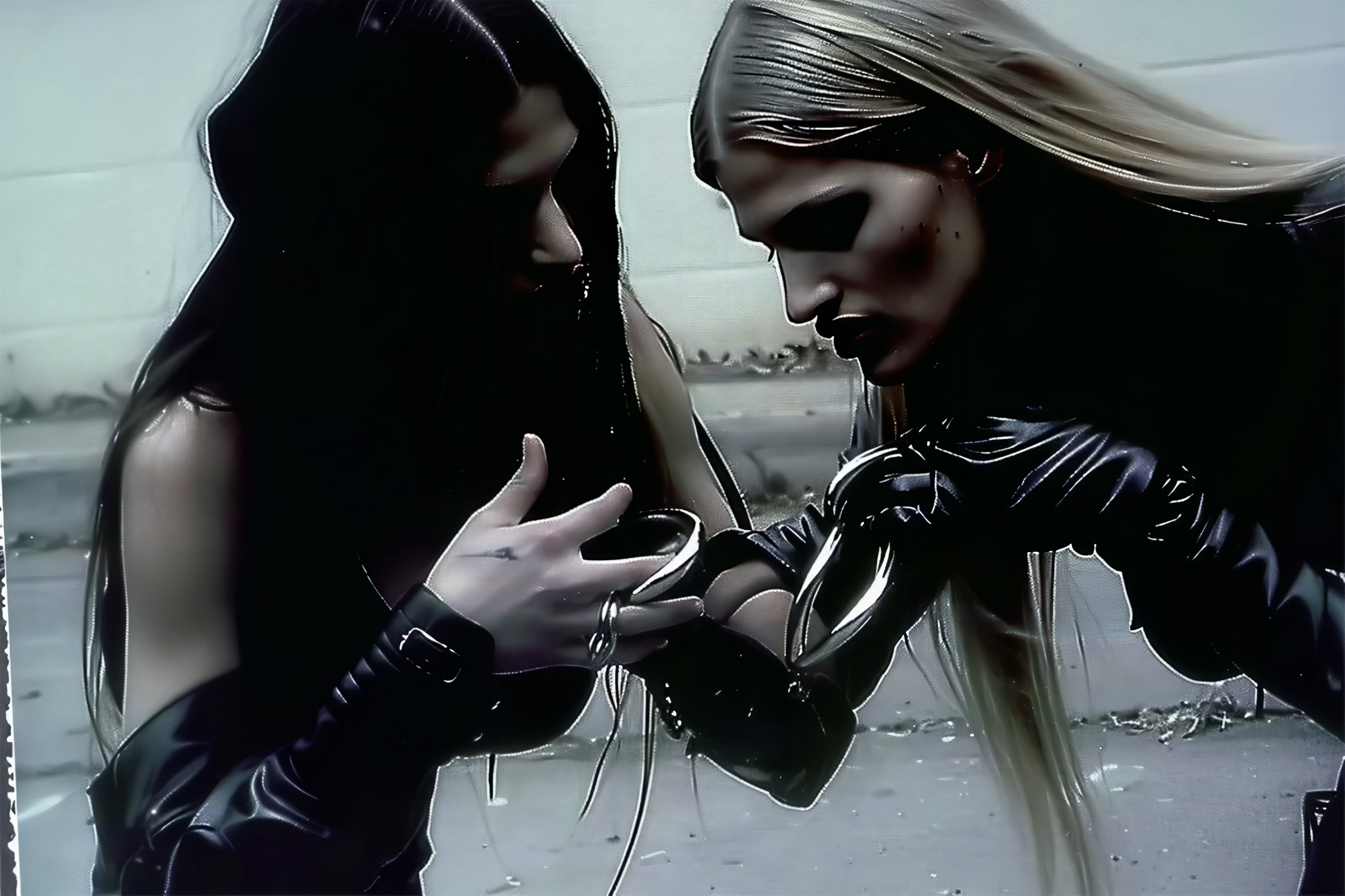
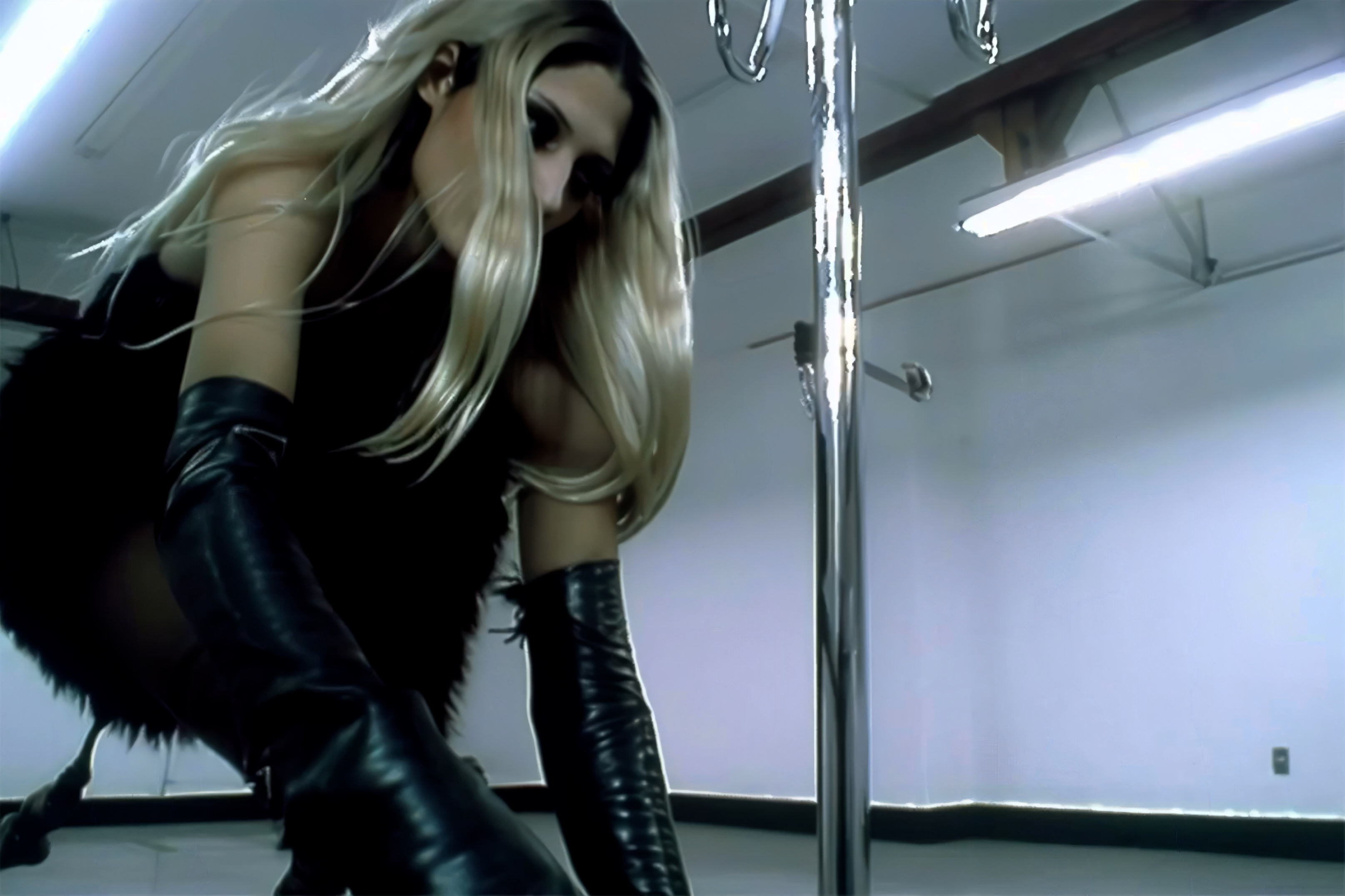
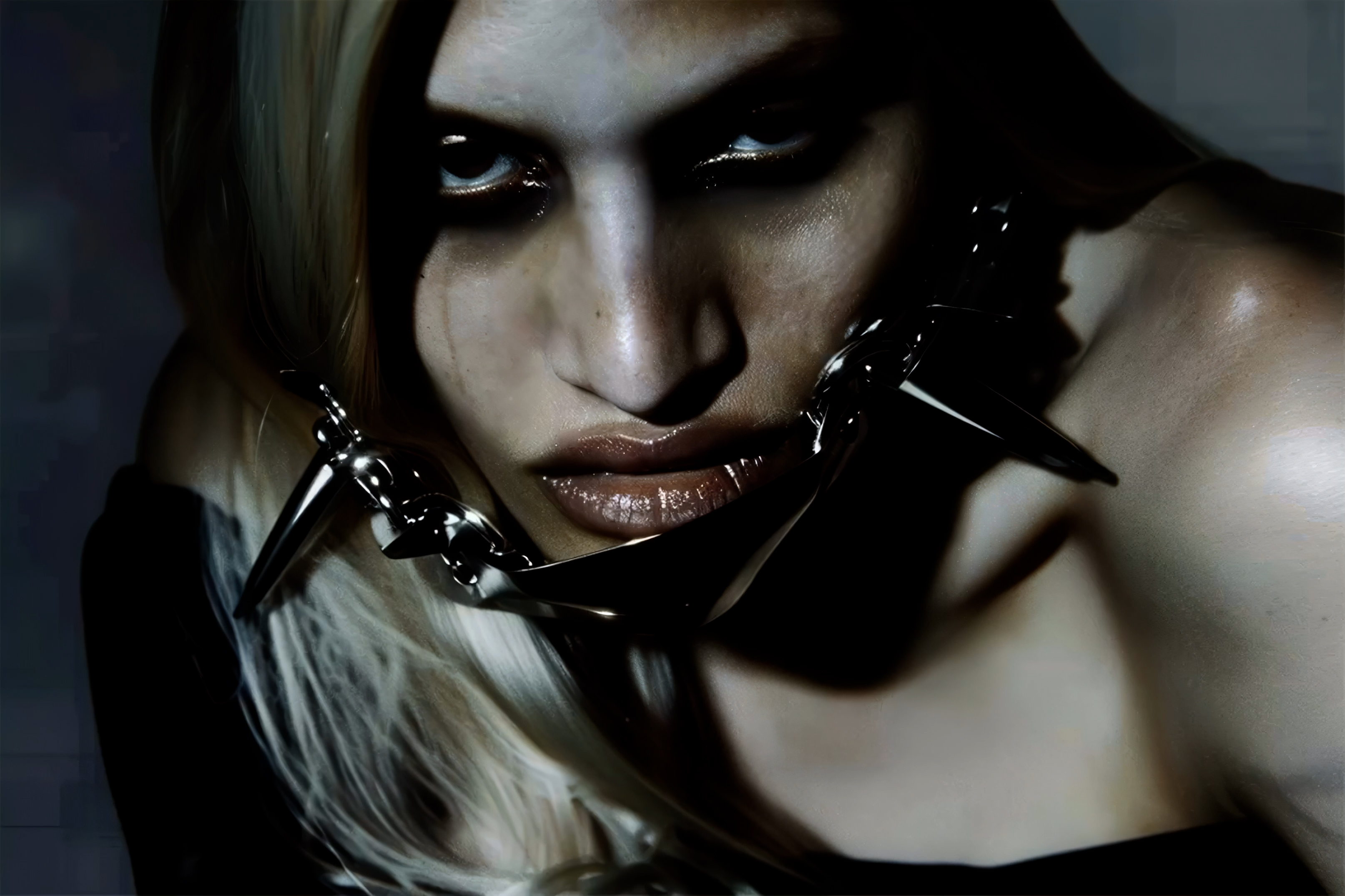
Recommended articles

Ruby Neri‘s Frantic Horses
Depicted in bright, bold shades and often wearing heels, the voluptuous, almost cartoonish female form is another essential element in Neri’s practice. By replacing the male subject, she recontextualizes classical portraiture with a sense of joy. When translating these self-reflective figures into ceramics, Neri presents naked women with dandelion-like hair cascading over their shoulders, standing in a flowerbed; they smile, brushing shoulders in the artist’s shamelessly bold landscape.
The vibrant world Neri creates has its roots in the early '90s San Francisco art scene, where she was a pivotal member of the Mission School movement, alongside artists like Barry McGee, Rigo 23, Margaret Kilgallen, Alicia McCarthy, and Chris Johnson. Together, they redefined the boundaries of street art, channeling the freedom they found in their environments into powerful works within the gallery space.
Ruby Neri’s paintings will be on view at Salon 94 until August 16th.
